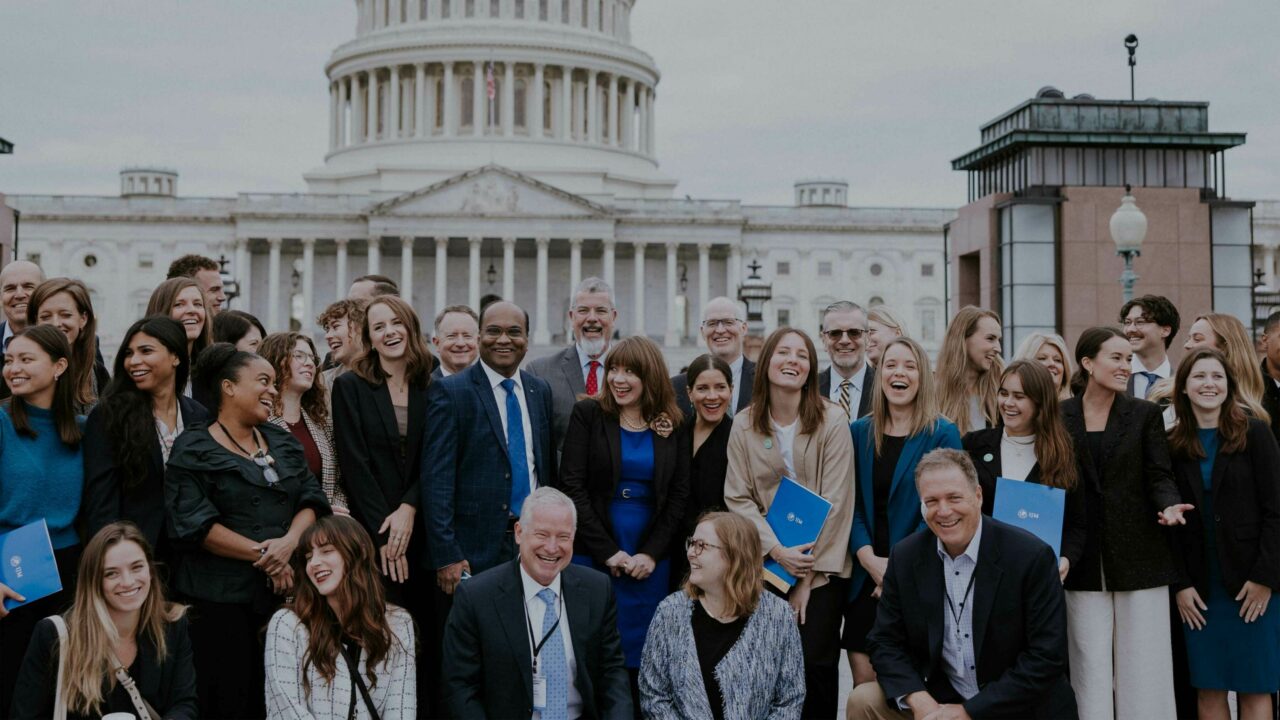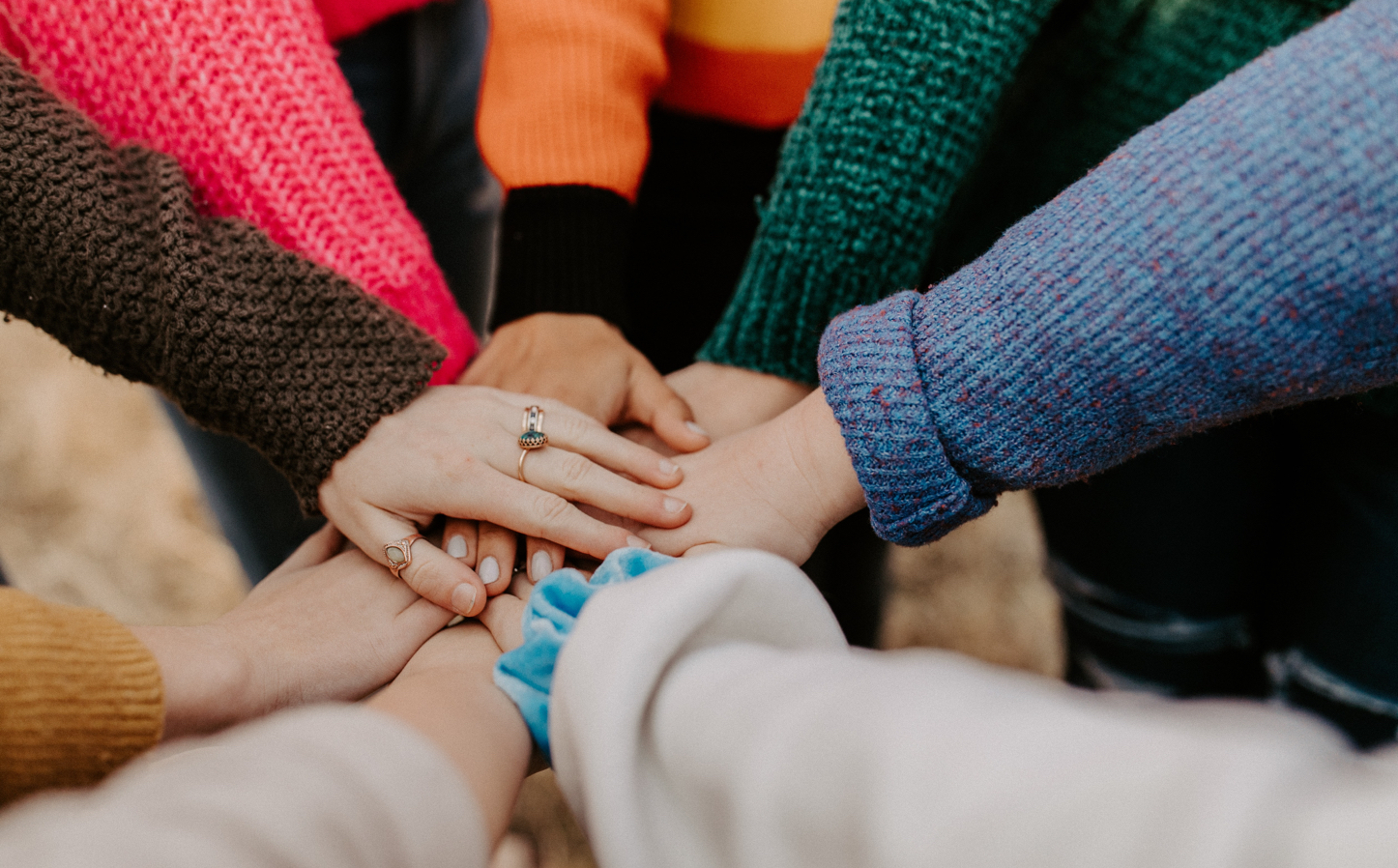
Your voice has power.
Speak up for justice.
Put Advocacy into Action
Right now, an estimated 50 million children, women and men live in modern slavery. Many more live within a justice gap with no protection from violence, abuse or exploitation. By speaking up, you can help close that gap and create safer communities where all people can expect to be protected.
Act now
There’s no need to wait. You can use your voice today to make an impact.
Learn More
Frequently Asked Questions
Everyone's voice deserves to be heard, and IJM invites advocates to use their voices to help bring about change through government action. This happens in several ways: Through petitions to congressional representatives, in-person meetings on Capitol Hill, a day of collective action in DC called Advocacy Summit, and in-district meetings with representatives.
IJM advocates work hard to help pass legislation that protects and defends vulnerable people around the world from slavery, trafficking and violence, like the Central American Women and Children Protection Act (CAWCPA) and the End Modern Slavery Initiative (EMSI).
Each year, as Congress builds our national budget in a process called appropriations, IJM advocates ask their representatives to fully fund existing programs that combat trafficking and slavery, like the Trafficking In Persons (TIP) office.
Every year, Congress builds a massive budget of several trillion dollars. From that budget, less than 1% of all funding is allocated to foreign aid, and the programs and accounts working to end trafficking and slavery are a small fraction of that percentage. These projects have tremendous capacity to bring about lasting change, and we believe this funding is an effective and powerful use of resources.
If you’re a US citizen, you have elected officials from your state called Representatives and Senators who work for you. That’s their job. And they have an office full of staff whose job it is to listen to you when you speak up about issues that mean something to you. The only way they will know that you care about ending slavery, trafficking and violence is if you tell them. If your representatives know this issue is important to you and others in your district or state, it will become important to them.
Right now, it’s easier than ever to get in touch with your representatives in Congress. To get involved with IJM’s latest advocacy effort, visit our Legislative Action Center.
If you want to connect with other IJM advocates and volunteers, click here.
If you want to stay up-to-date on our work around the world, join the IJM Community and sign up for IJM email.
Explore our most recent blog posts on
Advocacy:
IJM Welcomes Passage of the Frederick Douglass Trafficking Victims Prevention and Protection Act of 2023 in the House of Representatives
Not Swift Enough: Survivors and Children Wait for Government, Industry to Act
IJM Statement on Senate Judiciary Committee Hearing: Big Tech and the Online Child Sexual Exploitation Crisis
Survivors of violence need the U.S. to address online sexual exploitation to keep children safe

Become a Volunteer
If you’re passionate about justice, we have a place for you! Learn more about volunteering with IJM.